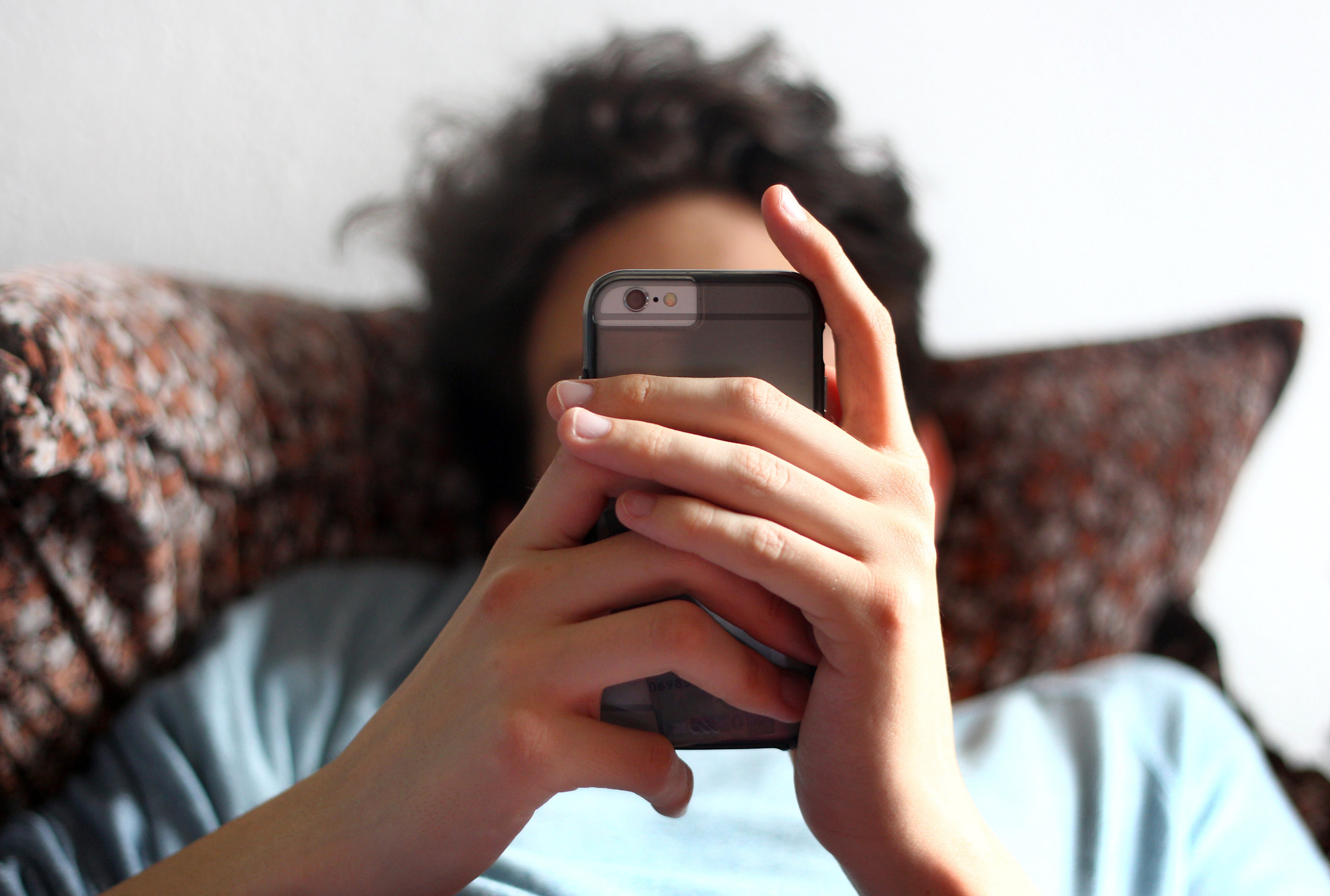Researchers confirm the link between using social networks and feeling lonely

Scientists have figured out: the more time young people spend on social media, the higher the chance that they will feel socially isolated. In addition to the time spent on the Internet, researchers found that the frequency of use is associated with increased social exclusion.
The work assumes that the use of social networks does not help to reduce the feeling of social exclusion when a person lacks a sense of social belonging, true interaction with other people and full-fledged relationships. Previously, social exclusion was associated with an increased risk of mortality.
')
Brian Primack, director of the Center for Media, Technology and Health Research at the University of Pittsburgh and concurrently leading author of the study, is convinced that exploring the relationship between social networking and loneliness is an important issue, as mental health problems and social exclusion are already becoming a kind of epidemic among young people. people.
“We are by nature social beings, but modern life tends to separate us instead of uniting. At first glance, it may seem that social networks open up new opportunities to fill the void, but research shows that you shouldn’t hope so, ”he says.
In 2014, Primak and his colleagues conducted a survey among just over one and a half thousand Americans between the ages of 19 and 32 using questionnaires to determine the duration and frequency of using social networks, which included questions about the 11 most popular media platforms at the time: Facebook, YouTube, Twitter, Google Plus, Instagram, Snapchat, Reddit, Tumblr, Pinterest, Linkedin and Vine. For their research, scientists took a sample representing 97% of the US population and watched them for 18 months. The researchers then measured the level of social exclusion felt by the participants, based on data obtained from the analysis of the corresponding standardized questionnaires.
Even taking into account many social and demographic factors, participants who spend more than two hours a day on social networks are twice as likely to feel socially isolated than their peers who spend less than half an hour there every day. Those participants who logged in to their accounts 58 or more times a week already had triple chances to feel lonely than those who were online less than 9 times a week.
The researchers add that they do not know for sure what came first - the widespread use of social media or a sense of social exclusion. It is possible that young people who initially tend to feel lonely, are turning to such platforms. Or their wide distribution somehow led to a feeling of isolation from the real world. It can also be a combination of both versions. But even if social exclusion arose earlier, it does not seem to be made easier by spending time on the Internet.
Scientists have several theories about how social networks fuel a sense of loneliness. First, social media crowds out more authentic social experience: the more time a person spends on the Internet, the less time he finds for real interactions. Secondly, in some cases, social networks do not facilitate, but on the contrary, aggravate the feeling of loneliness. For example, when a user sees in the tape photos of his friends from a party to which he was not invited. And finally, the impact of too idealized ideas about the life of peers on their pages causes a feeling of envy and a feeling that others have a happier and more successful life.
Primak and his colleagues urge other doctors to ask patients about the use of social networks and advise them to reduce the time spent on the Internet and the frequency, if this is somehow related to the symptoms of social exclusion. However, they note that more research is needed to clarify the nuances of the connection between loneliness and social networks.
Researchers also agree that in any case people interact with social media in different ways. In the work of scientists reflects only the general trends that may be inapplicable to any one person. Undoubtedly, some people using certain platforms still find solace and feel a social connection with other people. And the results of this study simply remind us that the use of social networks in general, as a rule, is associated with increased social exclusion.
Scientific work published in the American Journal of Preventive Medicine March 6, 2017
DOI: 10.1016 / j.amepre.2017.01.010
Source: https://habr.com/ru/post/402139/
All Articles